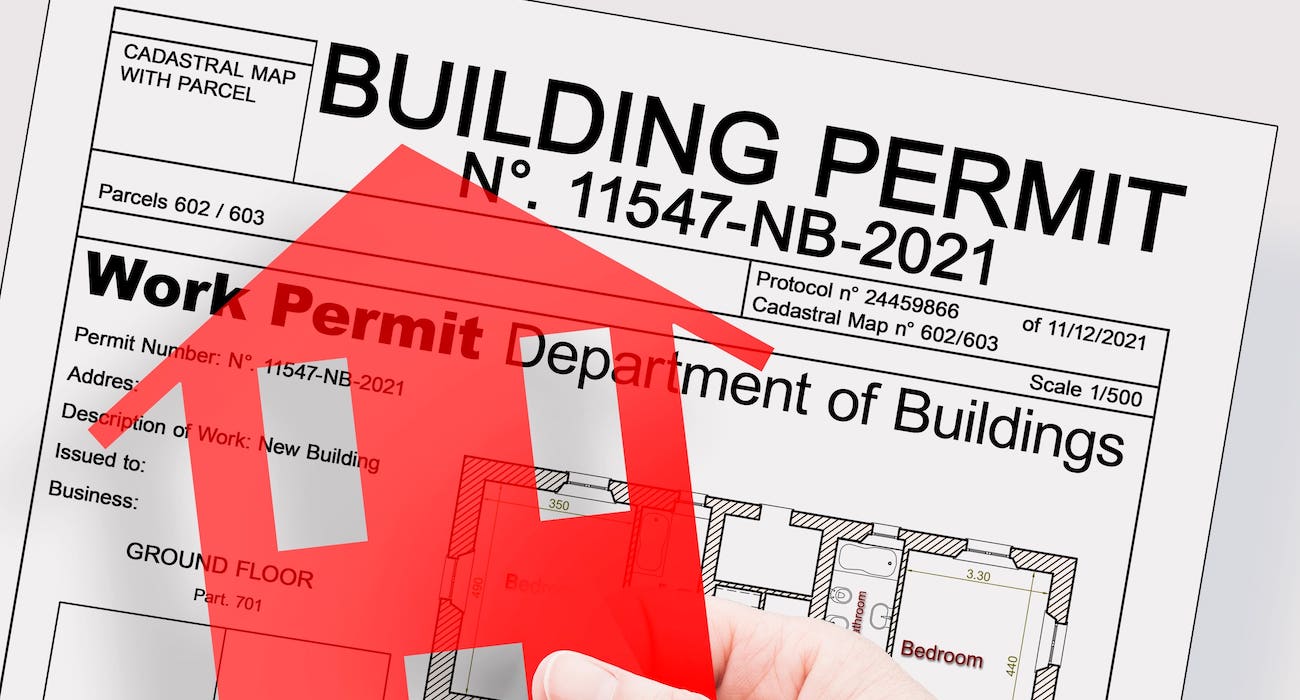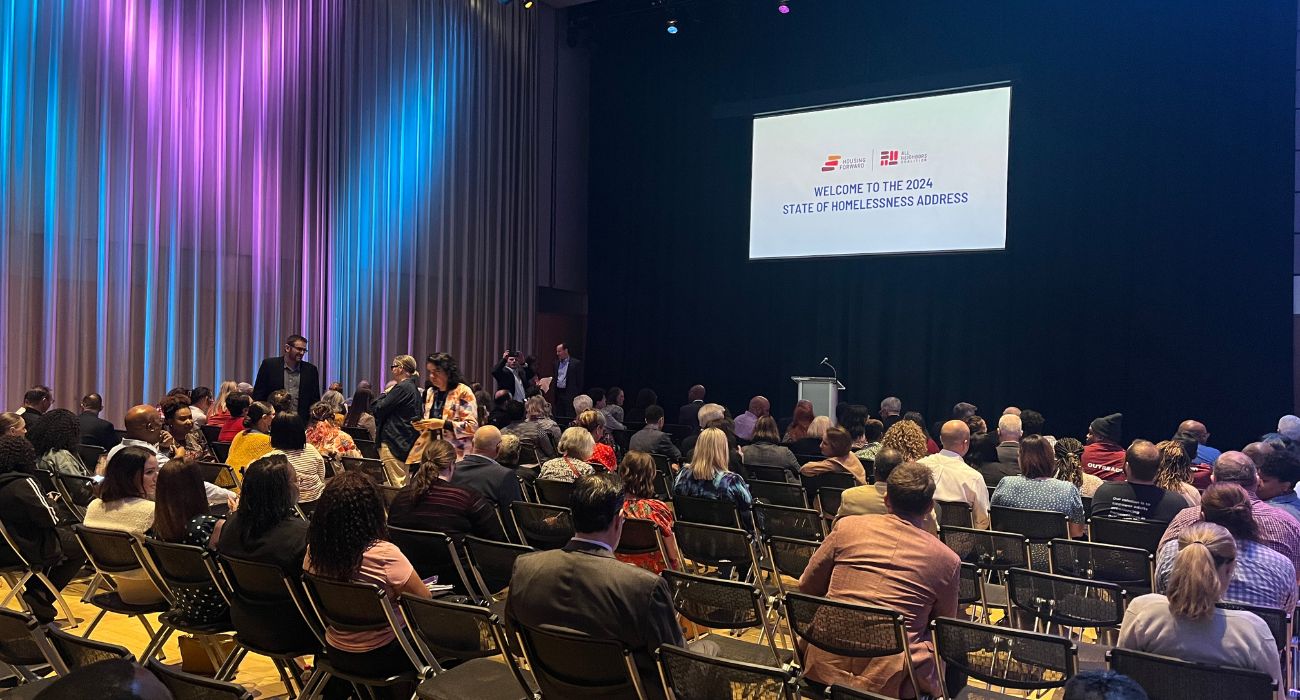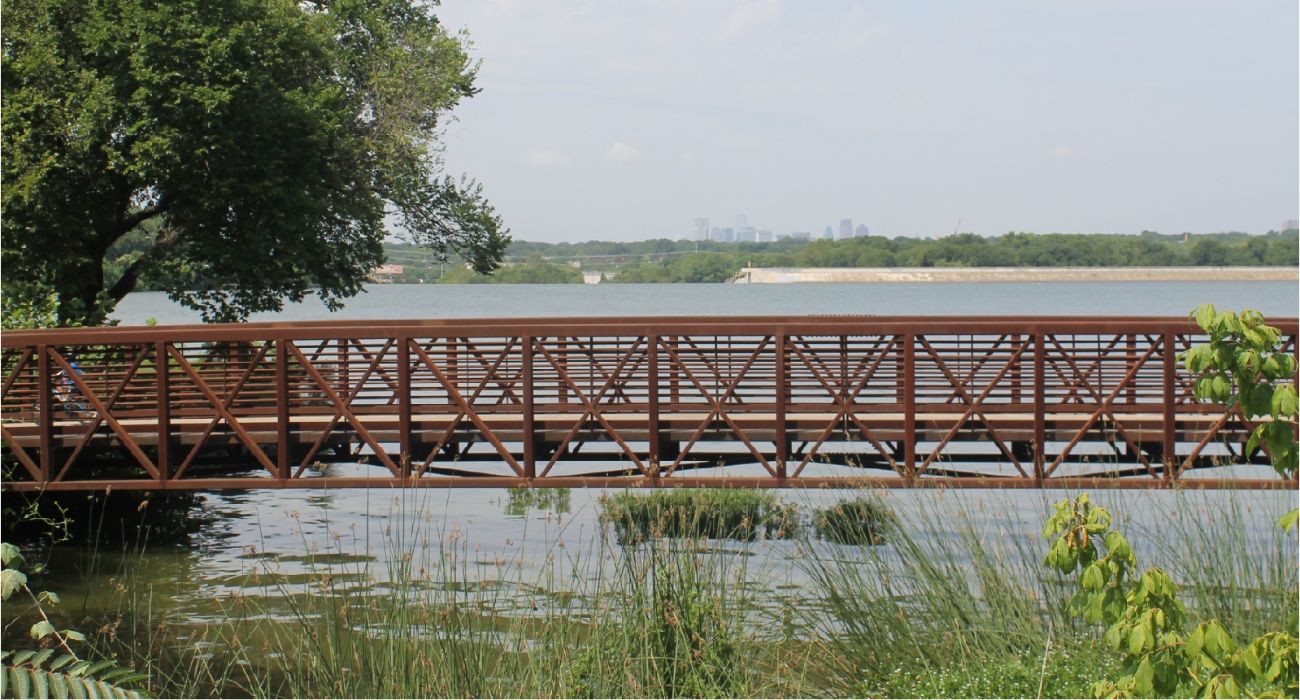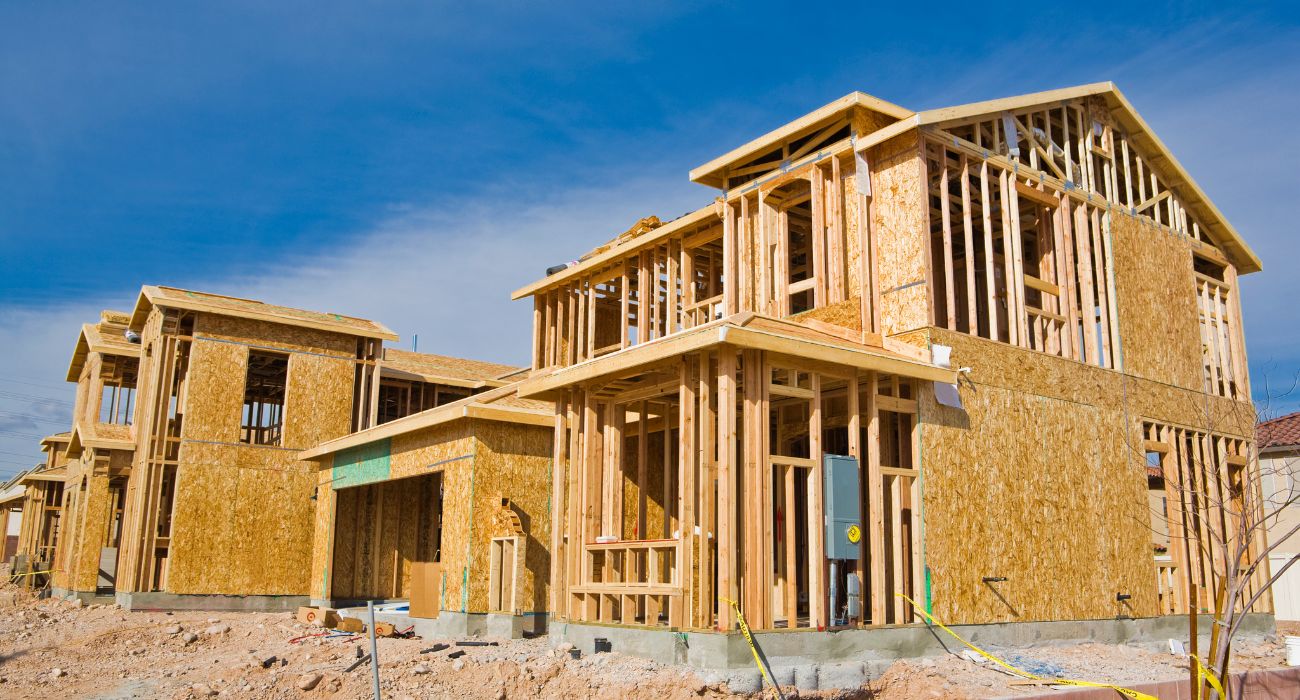Dallas’ building permit department has concluded a 2022 initiative that was designed to alleviate long wait times while the City worked to clear its permit backlog.
The Development Services Department (DSD) announced in a newsletter last Wednesday that it had canceled all future “Pop Up Permit Saturday” events due to declining participation in recent months.
“When we began the program, our mission was to provide our customers with an elevated level of service that had regrettably waned during the COVID-19 pandemic,” DSD said in the newsletter.
“Our customers needed permits, and this program was one way we could alleviate long wait times as we caught up on the ‘permit backlog.’ While many of our customers initially took advantage of this program, in recent months, we have noticed a significant decline in customer participation,” DSD said.
DSD claimed the reason for the low attendance was an “efficient reduction in review and permit issuance turnaround times.” To defend its claim, DSD pointed to metrics in the department’s Performance Goals Report for fiscal year 2022-2023.
According to metrics for June — the month with the most up-to-date data — the majority of DSD’s development categories met the department’s performance goals, which range from 1-15 days. However, not all categories contain performance goals, and not all divisions within DSD met the department’s goals for the month.
The various divisions within DSD that failed to meet the department’s 15-day goal include Fire Protection, Paving/Drainage Engineering, and Traffic Engineering.
Metrics show that for Fire Protection Reviews done by a third party, initial reviews lasted an average of 40 days for fire sprinklers and 15 days for fire alarms. Review times were similar for DSD’s Paving/Drainage Engineering and Traffic Engineering teams.
The average number of days Paving/Drainage Engineering and Traffic Engineering needed to complete initial reviews in June were 27 days and 49 days, respectively, way over DSD’s 15-day goal. All other development categories with a stated review window fell in line with department expectations, according to the report.
While the Pop Up Permit Saturdays had initially helped customers and residents attain swift approval on simple permits for minor home repairs and upgrades, demand for the program was not enough to justify its continued existence.
Some in the community, like Louis Darrouzet, CEO of the Metroplex Civic & Business Association, believed the program was inefficient from the start and bound to end at some point.
“As firms relocate to the Dallas Fort-Worth Metroplex, they want assurance that their organizations’ future growth will be supported and expedited through these local government processes,” Darrouzet told The Dallas Express last August. “If we want our region to grow and prosper, these issues must be handled in a more timely and efficient manner.”
The Dallas Express reached out to Darrouzet last Thursday to get his fresh take on the subject. In an emailed statement, he said, “It was an idea. They tried it. Now let’s try something else that we can do better.”
“My hope is that Development Services can keep moving at an expeditious pace even without the program. But that is yet to be determined,” Darrouzet added.
Darrouzet noted that his primary concerns revolve not around the canceled initiative but the “political backroom deals” that influence and sway decisions around the city’s “larger development projects.”
“Dallas has plenty of room to keep growing — especially by expanding to the south,” he told The Dallas Express.
“However, development is stonewalled by City Council and other city officials who are more concerned about control,” he claimed. “When the City plays politics and pushes an outside agenda such as — Do X if you want Y – growth gets stalled, projects fall through, and developers go elsewhere.”
“Right now, the City is getting in its own way by pushing agendas, and that’s not what made North Texas such a successful region for development,” he added.






